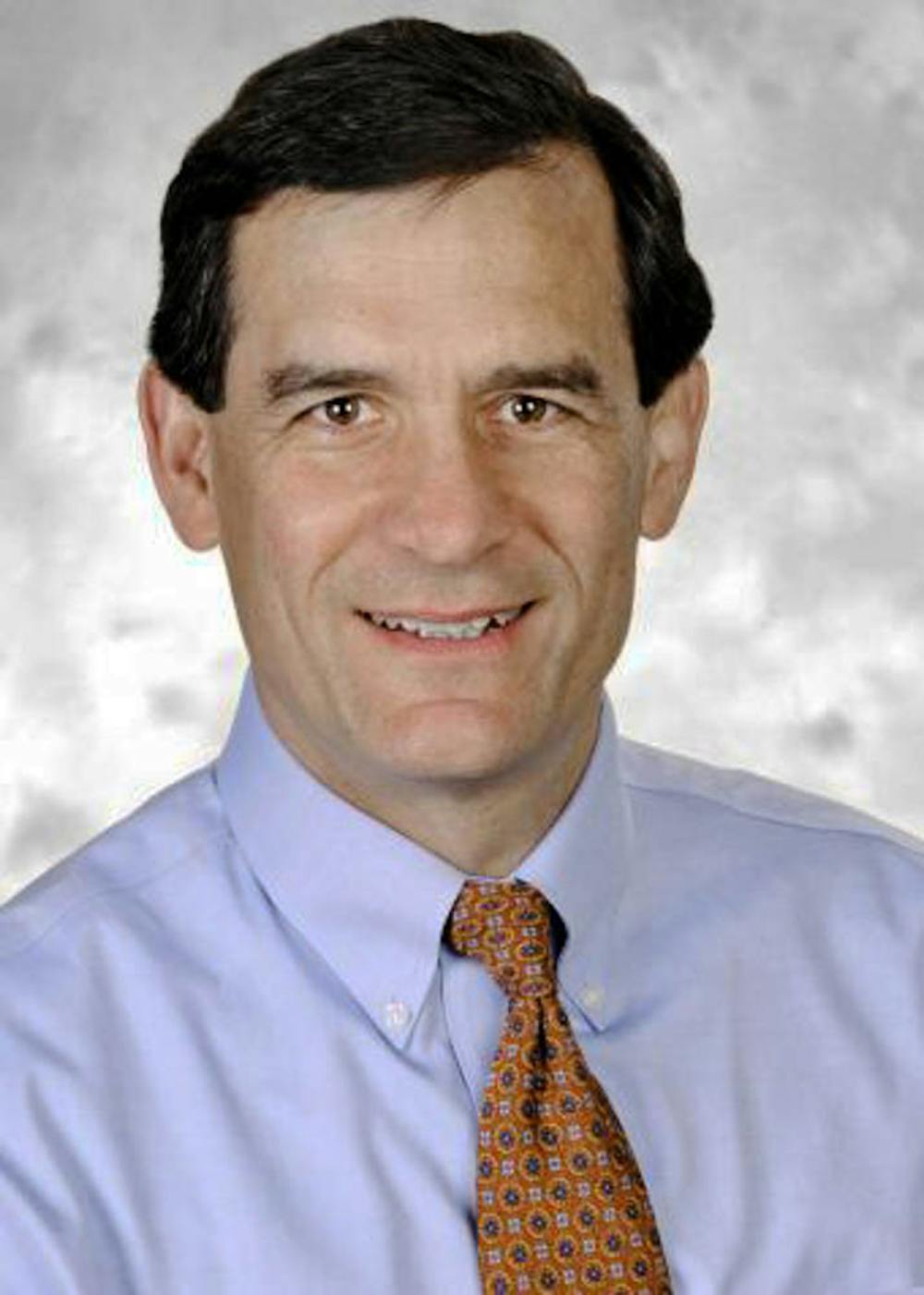Josiah Rich, professor of medicine and epidemiology, was recently elected to the National Academy of Medicine, a nonprofit organization that offers advice on medical and public health issues.
Being elected to NAM is “considered one of the highest honors in the fields of health and medicine and recognizes individuals who have demonstrated outstanding professional achievement and commitment to service,” according to an Oct. 15 press release by NAM. NAM is rooted in “service, best practices and scientific knowledge” and is an organization focused on “trying to improve American health and health care,” said James Morone, a member of the academy and professor of public policy, political science and urban studies.
NAM “is an institution that I strongly support and believe in, and I’m hoping that I can use my membership to provide further input on how to come up with sensible approaches to the challenges in medicine and public health that the world is facing,” Rich said.
New members are nominated and voted on by current NAM members, and Rich was one of 75 new members elected in 2018, according to the press release.
Rich’s medical and research career has focused on the spread of infectious diseases and opioid addiction, particularly among incarcerated individuals. He has advocated for numerous public health policy changes, including amending a “vigorously enforced” Rhode Island law that made the possession of a single syringe punishable by up to five years in prison, the most severe in the country at the time, Rich said. In addition, Rich is the co-founder and director of the Center for Prisoner Health and Human Rights at the Miriam Hospital, which he started because “the health issues (surrounding incarcerated individuals) were not really well understood or known.”
“As a physician, you have to get involved and understand the social and political environment that you work in,” Rich said. Incarcerated individuals “are a disadvantaged population: impoverished, (have) poor access to health care … and terribly stigmatized.”
In 2015, Gov. Gina Raimondo appointed a task force to respond to the opioid overdose epidemic in Rhode Island. Rich was one of the experts chosen to devise a statewide strategic solution within 90 days. The task force recommended a solution in mid-2016 that provided treatment for recently released prisoners, who have the highest risk of drug overdose, according to Rich. Within the first year of their solution’s implementation, the task force “documented … a 61 percent drop in drug overdose deaths of people getting out of incarceration,” he said.
Associate Professor of Epidemiology Brandon Marshall, who served alongside Rich on Raimondo’s opioid task force and on various studies at the Rhode Island Department of Corrections, said he “couldn’t be more pleased” that Rich has been inducted into NAM.
“He is an extraordinarily dedicated physician who also works tirelessly to improve the health of all Rhode Islanders through this research and advocacy on opioids and overdose,” Marshall wrote in an email to The Herald.
Rich joins a number of Brown faculty in NAM, including Morone and Dean of Medicine and Biological Sciences Jack Elias. Morone and Elias were both elected to NAM in 2015 for work in their respective fields. The two see Rich as a fitting addition to the organization.
Rich “is one of the world’s experts in opioid overdoses and opioid use,” Elias said. “It’s a tremendously pertinent topic right now and it suggests to me that the National Academy is going to be stepping in to try to help ease the opioid crisis that we have.”
Morone agreed, adding that Rich “is the perfect member — a distinguished scientist and practitioner working to make a better society.”
“To tell you the truth, when I saw his name on the list,” Morone said, “I kicked myself for not having nominated him myself.”
For Rich, election to NAM marks the continuation of his career in research.
“It’s not something I ever thought I would get,” he said. “I don’t know if I deserve to be there or not, … but I’m deeply overjoyed and it’s going to stimulate me to do more.”





